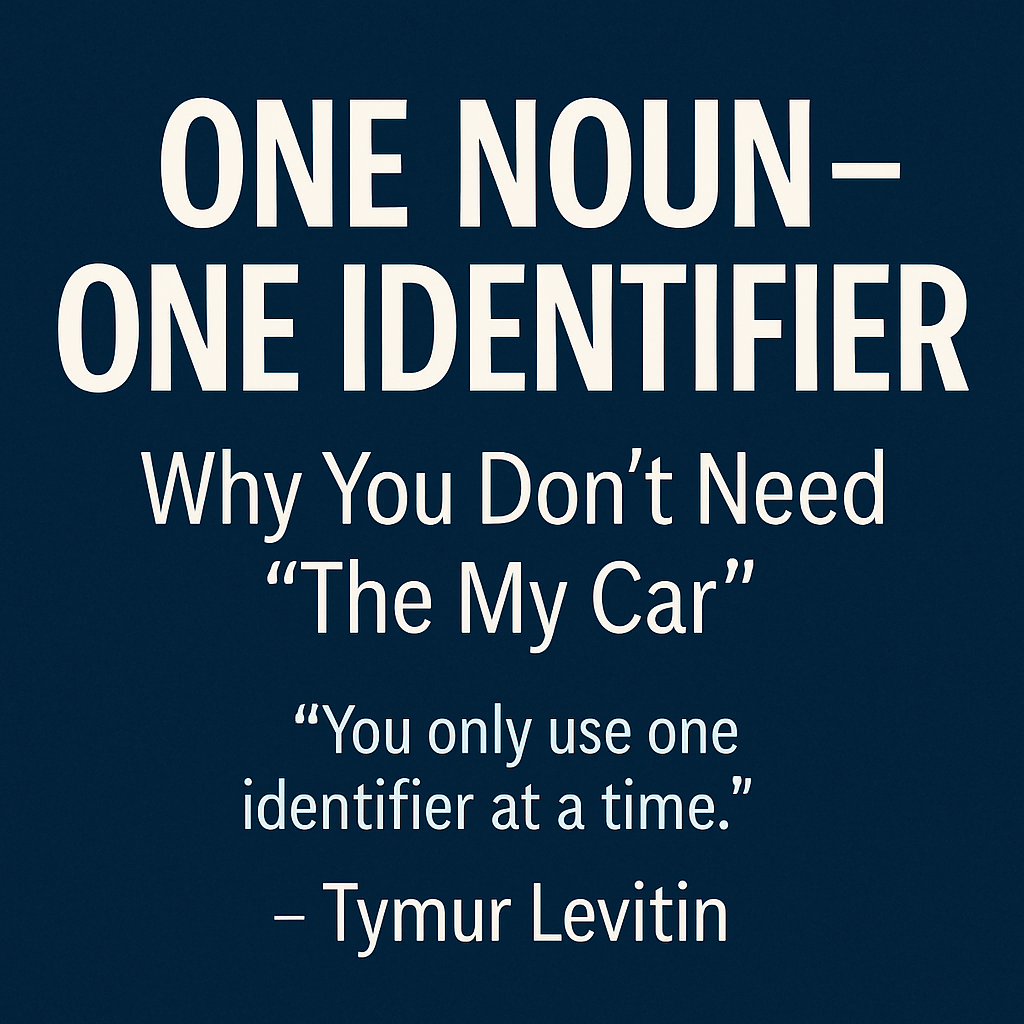Why Not Everything You Love Is Liebe
🔗 Choose your language:
👉 Start your journey with us
“I Love You” = “I Love Chocolate”? Really?
In English, we love everything.
We love our partners.
We love pizza.
We love rainy days, and dogs, and movies.
We even “love” Mondays… sometimes.
One word — love — is used for all of it.
But is it really the same feeling?
In this article, we’ll explore how different languages — German, Spanish, Ukrainian, Russian — help us separate real love from emotional habits.
And why this matters for anyone learning to communicate deeply, not just fluently.
German: Where Words Respect Meaning
In German, you don’t “love” chocolate.
You like it. You enjoy it. You prefer it. But you don’t lieben it — unless you’re joking or being ironic.
| Verb | Example | Meaning |
|---|---|---|
| lieben | Ich liebe dich | Deep, personal, emotional love — romantic or family-based |
| mögen | Ich mag Schokolade | I like chocolate — neutral and honest |
| gern haben | Ich habe dich gern | Soft affection; caring deeply, often among friends or family |
| gern essen / gern machen | Ich esse das gern | I enjoy eating this — pleasure without emotional weight |
This linguistic boundary teaches emotional precision.
It shows that Germans don’t overuse deep words. And perhaps we shouldn’t either.
Spanish: Passion in Layers
Spanish offers more texture than English — and more caution than you might expect.
| Phrase | Translation | Usage |
|---|---|---|
| Te amo | I love you | Deep, romantic, serious; not for casual use |
| Te quiero | I care for you / I love you | Softer, affectionate, used with family and partners |
| Me gustas | I like you | Flirtatious, initial attraction |
| Me encanta el chocolate | I love chocolate | Literally: “It enchants me” — stronger than “me gusta”, but still safe for chocolate |
You’ll rarely hear a Spanish speaker say “te amo” to a dessert.
They save that phrase for something real. And permanent.
Ukrainian and Russian: One Verb, Many Worlds
In both Ukrainian and Russian, the verb “to love” exists — but the rules around it are subtle.
| Language | Phrase | Nuance |
|---|---|---|
| Ukrainian | Я тебе люблю / Я тебе кохаю | Кохати = romantic; любити = family, friendship, general fondness |
| Russian | Я тебя люблю | Can mean romantic love, but also used more broadly |
| Ukrainian | Мені подобається шоколад | I like chocolate — no emotional confusion |
| Russian | Мне нравится шоколад | Same — clear separation between person and thing |
In both languages, the emotional weight of love can be heavy. That’s why people often avoid saying it unless they mean it — really.
Why It Matters When Learning a Language
You may think it’s harmless to say “I love this!” about everything.
But over time, it weakens your emotional vocabulary.
If you “love” chocolate, your dog, your job, and your partner — how do we know which one matters?
Other languages teach us a valuable lesson:
Don’t say “love” when you mean “like”.
And don’t say “like” when you mean “need”.
Words matter. Emotion matters more.
That’s why language learning is emotional training. Not just vocabulary.
What We Really Teach at Our School
At Levitin Language School, we don’t just teach grammar.
We help you develop emotional fluency.
You’ll learn to:
- Distinguish love from habit.
- Say what you feel — and mean it.
- Understand how native speakers express affection, preference, and intimacy.
Because real communication isn’t about how many words you know.
It’s about how honestly you use them.
Coming Next in This Series
“From Boy to Man: How Men Say ‘I Love You’ at Every Age — or Don’t.”
We’ll explore how boys, teenagers, and adult men express (or suppress) feelings — and how language evolves with identity.
© Tymur Levitin — Founder, Teacher & Translator
Start Language School by Tymur Levitin / Levitin Language School
🌍 Explore Our Language Pages
- Learn English:
levitinlanguageschool.com/english-study |
languagelearnings.com/english - Learn Spanish:
levitinlanguageschool.com/learning-spanish |
languagelearnings.com/spanish - Learn German:
levitinlanguageschool.com/studying-german-easy |
languagelearnings.com/german - Learn Arabic:
languagelearnings.com/arabic - Blog:
levitinlanguageschool.com/blog |
languagelearnings.com/blog
























